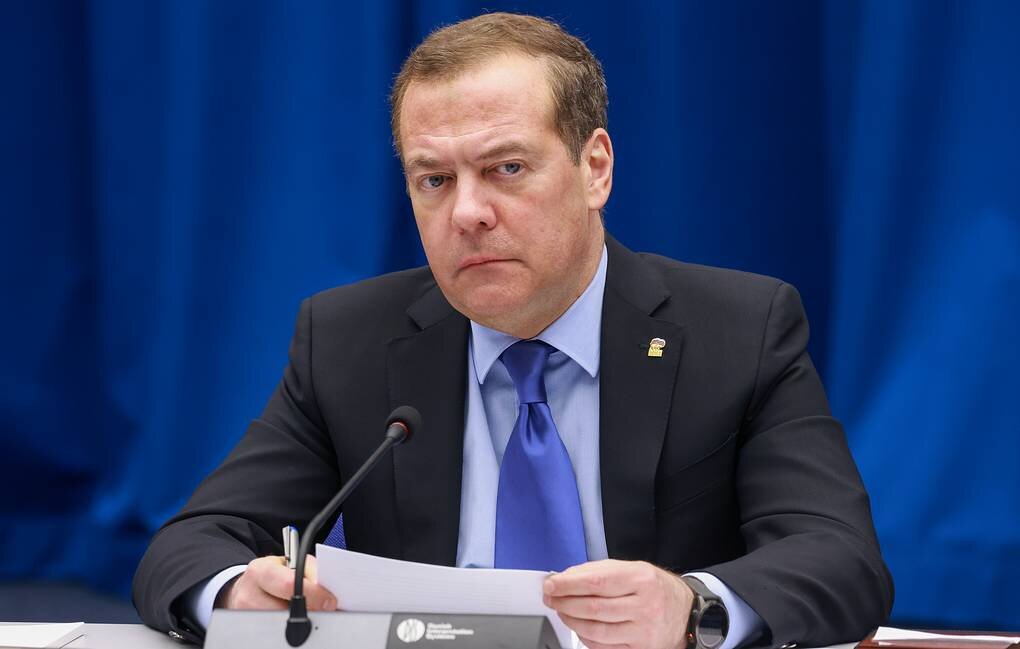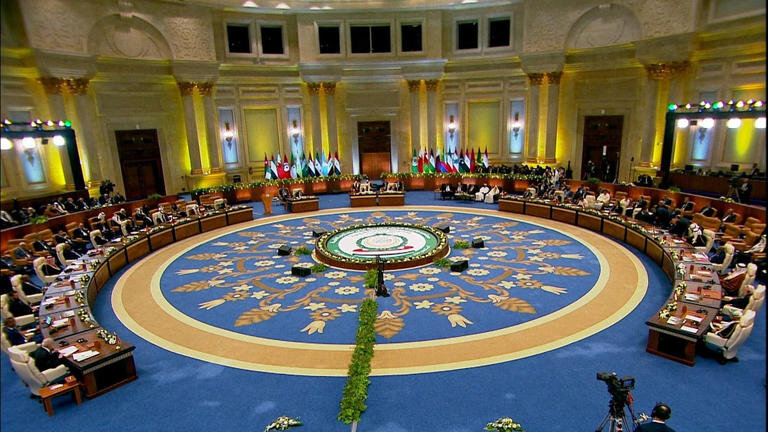Medvedev Issues Stark Warning to Europe: Consequences of Supporting Kiev
In a recent statement, Dmitry Medvedev, the Deputy Chairman of the Russian Security Council, discussed the implications of military aid to Ukraine, emphasizing the potential economic consequences for both the United States and Europe. This commentary comes amid growing interest in Ukraine’s mineral wealth, particularly its rare earth elements, which are crucial for various high-tech industries.
Medvedev’s remarks highlight a significant shift in the geopolitical landscape, where economic resources are increasingly intertwined with military support. He noted that the U.S. may seek to compensate for its military assistance to Ukraine by tapping into the country’s rich mineral resources. Here’s a closer look at his statements and their implications:
- Military Aid and Economic Gains: Medvedev pointed out that the U.S. intends to leverage Ukraine’s rare earth minerals as a form of compensation for the extensive military aid it has provided.
- Impact on Europe: He warned that Europe would bear the financial burden of supporting Ukraine, suggesting that European nations would have to pay heavily to restore the war-torn country.
- Criticism of European Leaders: Medvedev criticized prominent European leaders, including Ursula von der Leyen, Emmanuel Macron, and Olaf Scholz, urging Europeans to hold them accountable for the costs associated with their support for Ukraine.
“Trump explained how Kiev would pay the US – with Ukraine’s rare earths. What about Europe? It will pay through the nose to piece the failed state of Ukraine back together from its scraps. Europeans, thank your leaders for this: Ursula, Macron, Scholz, and other pathetic figures!” Medvedev wrote on the X social network.
This statement coincides with previous comments made by former U.S. President Donald Trump, who expressed interest in accessing Ukraine’s rare earth minerals. During a recent discussion, Trump stated, “We’re putting in hundreds of billions of dollars. They have great rare earth. And I want security of the rare earth.” His comments underline a significant aspect of the U.S. interest in Ukraine beyond military cooperation.
Rare earth elements are a group of 17 minerals that are essential in the manufacturing of various technologies, including smartphones, electric vehicles, and renewable energy systems. The strategic importance of these minerals has led to a global race for access and control, with countries seeking to secure their supply chains.
As the situation in Ukraine continues to evolve, the discussion around its mineral wealth and the geopolitical ramifications of military aid will likely intensify. Here are some key takeaways from Medvedev’s comments:
- Geopolitical Tensions: The relationship between military aid and resource extraction may lead to increased tensions between Russia, the U.S., and European nations.
- Economic Dependency: Europe’s reliance on the U.S. for military support could create economic vulnerabilities as the costs of aiding Ukraine become more pronounced.
- Resource Control: The quest for Ukraine’s rare earth minerals may influence future U.S. foreign policy decisions and strategies in the region.
In conclusion, Medvedev’s comments shed light on the complex interplay between military support and economic interests in the context of the ongoing conflict in Ukraine. As nations navigate this intricate landscape, the focus on rare earth minerals will likely play a pivotal role in shaping future geopolitical strategies.
As the situation develops, it will be crucial for all parties involved to consider the long-term implications of their actions, not only for Ukraine but also for the broader international community.






